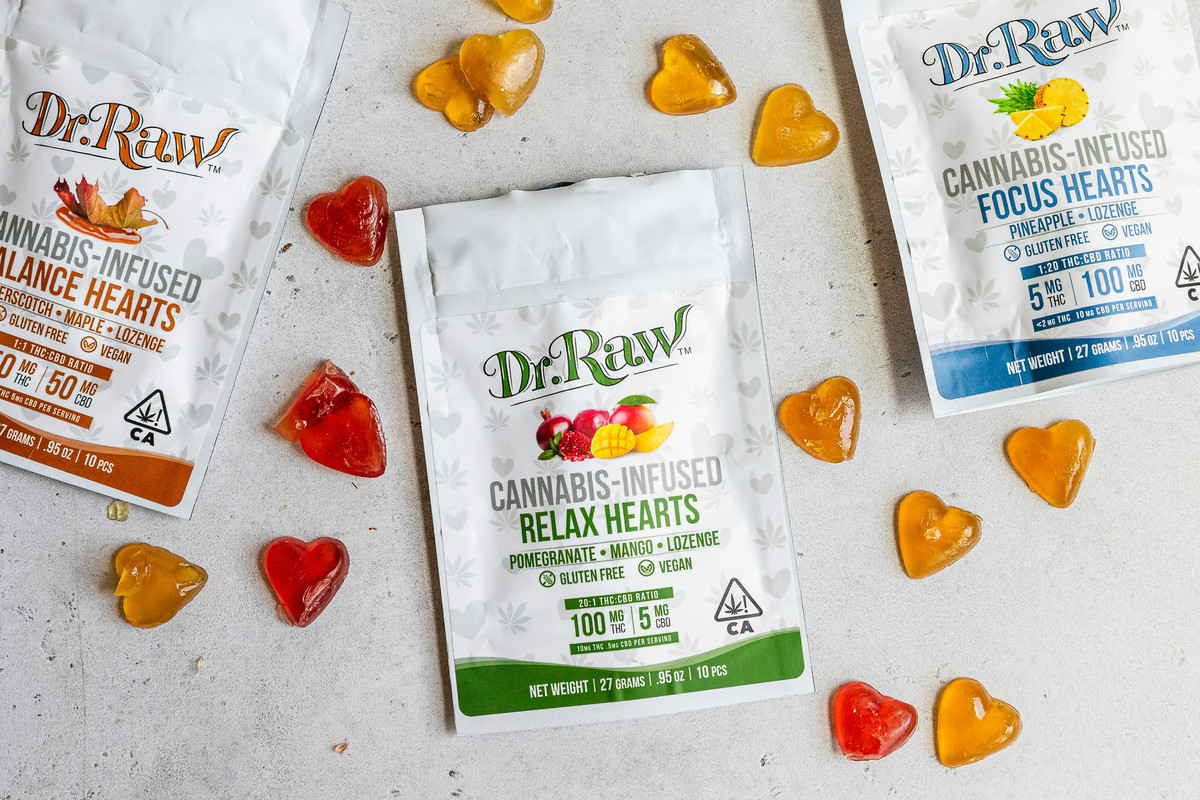Ever heard of that friend who just laughs uncontrollably at everything after a puff? Perhaps you’ve watched some of those documentaries related to the medicinal uses of cannabis.
If you’re wondering what all the fuss is about, you’re certainly not alone. Cannabis, also called marijuana or weed-is an ages-old plant, but its legal status and cultural perception are going through a big shift.
So, what makes someone “new to cannabis”? Well, it could be someone who’s never tried it before, or maybe someone who hasn’t used it in a long time. Although the cannabis landscape keeps changing; with new strains, products, and legalities popping out each day, one thing is sure:
A newcomer will have a mix of curiosity and apprehension all at once, but that’s normal. Understanding the different strains, the different ways of consumption, and potential benefits can alleviate first concerns. It’s important to approach cannabis with an open mind and a willingness to learn since this plant has much to offer.
Weed Isn’t Like How It Used To Be…
If you’re just starting your journey with cannabis, you might find yourself wondering what it’s all about and how it can fit into your life. Well, this is where things get interesting. Perhaps the greatest change in the way cannabis has been thought of in the past is the dissolution of the stigma that once surrounded it.
For instance, the old “reefer madness” stigma is fading fast. Whereas marijuana previously had stereotypes surrounding it, many people today are open to the positives. So much so, that cannabis products are being medically and recreationally legalized in many places.
Cannabis contains a variety of natural compounds called cannabinoids, the most famous being THC. It’s the element that creates the psychoactive “high” associated with cannabis, making you feel relaxed, happy, and sometimes even a little giggly.

But that is not all. Other cannabinoids, like CBD, are growing in popularity because of their potential in pain, anxiety, and even sleep medication.
Additionally, the variety of products available now, including edibles, oils, and vaporizers, allows users to choose methods that suit their preferences and lifestyles. This shift in knowledge has leveled the field, making the notion of cannabis use more palatable and accessible for many individuals.
Benefits of Marijuana
So, what exactly can this plant do? Let’s break it down:
- Pain Relief: One of the most significant advantages is its ability to alleviate chronic pain. Studies have shown it can be effective for various pain types of pain caused by arthritis, fibromyalgia, or multiple sclerosis.
- The compounds found in marijuana, particularly cannabinoids like THC and CBD, interact with the body’s endocannabinoid system to reduce inflammation and modulate pain perception, offering a natural alternative to traditional pain medications.
- Anxiety and Depression Buster: Feeling stressed or overwhelmed? Cannabis might be your new best friend (at least for a little while). Some studies suggest it can help alleviate symptoms of anxiety and depression by calming your overactive amygdala, the part of your brain responsible for those fight-or-flight responses like fear, anxiety, and rage.
- Appetite Booster: Some conditions can make eating feel like a chore. Cannabis can be a lifesaver for people with illnesses like cancer or AIDS. That’s because marijuana can stimulate hunger, helping patients maintain a healthy diet during difficult times.
- Nausea and Vomiting: Chemotherapy can be a tough ride, and nausea and vomiting are often unwelcome passengers. Cannabis can be a game-changer, helping to reduce those unpleasant side effects and making the whole process a little more bearable.
- Insomnia: Does counting sheep just not cut it anymore? Cannabis might be the key to unlocking a good night’s sleep. Some studies suggest it can improve sleep quality for people with insomnia, allowing them to finally drift off to dreamland.
- Epilepsy: Some studies in 2017 using a CBD-based drug known as Epidiolex to treat two severe types of epilepsy (Lennox-Gastaut and Dravet syndrome) showed that children with Dravet syndrome had a much lower frequency of seizures when treated with CBD, in contrast to those using a placebo.
Beyond Medical Uses: Relaxation and Fun
Of course, cannabis isn’t just about medical benefits. For many people, it’s a way to unwind after a long day, de-stress, and maybe even get a little creative. Here’s why folks like marijuana:
- Chill Vibes: Ever feel like your brain is stuck on fast-forward? Cannabis can help you hit the pause button from the daily grind and induce a state of relaxation and calmness.
- Relieve Stress: Feeling like you’re carrying the world’s weight on your shoulders? Cannabis can help reduce stress and anxiety, allowing you to breathe a sigh of relief and let go of those worries.
- Creativity Catalyst: Some people find that cannabis can boost creativity and enhance cognitive function. It might be the spark you need to break free from a creative rut.
How to Get Started
If you’re new to cannabis, here are a few tips to get you started in the world of weed:
1. Research:
- Learn about the strains of marijuana and their effects.
- Know the consumption methods: Smoking, vaping, eating, topical application.
- Do your research on the legal status of cannabis in your area.
2. Start Low, Go Slow:
- Start low and work your way up as you get comfortable.
- Pay attention to your body’s reaction and respond accordingly.
3. Use trusted sources: If cannabis is legal in your area, buy from licensed outlets. Avoid suspicious suppliers who could lace your product with harmful substances.
4. Create the Setting: Find a quiet and comfortable place where you can unwind and enjoy
5. Go with a Low-THC strain:
- Low-THC strains are less potent and can serve as a good option for starters.
- They can provide relaxation with no intense psychoactive effects.
Keep in Mind:
The list above contains just some potential benefits, but it’s important to remember that everyone reacts differently to weed. THC’s effects on mental health are highly individual and dependent on factors like dosage, strain, how often you use, and individual biology.
And of course, it makes a big difference what kind of marijuana you’re Using. There’s a huge difference between strains, and products with more or less THC—the psychoactive ingredient—and CBD, which may have some health benefits.
Then there’s how you’re using it. Smoking is generally considered generally harder on the lungs than vaping or edibles. Talk to a health professional if you intend to use cannabis, especially if you have an underlying condition, or if you are on other medications.
Some studies suggest that cannabis can lead to altered thinking patterns, which may be perceived as more creative. Still, others point to a decrease in short-term memory, attention, and executive function, especially with high doses of THC.
Negative Effects
According to Medical News Today, these are some of the adverse effects of Cannabis.
Short-term effects
The “high” from cannabis alters your sensory perception, distorts coordination, and alters your thought processes.
Physically, you may experience dry mouth, red eyes, increased appetite, and, in some cases, anxiety and paranoia, especially if you are a beginner or if you are using a high dose.
Cannabis results in impairments of different types, including cognitive and motor skills. Driving or using heavy machinery under the influence should be avoided.
Long-term effects
- Addiction: While less common than with other substances, it’s still possible to become addicted to marijuana, especially if you start using it young.
- Respiratory problems: Smoking marijuana can irritate your lungs, leading to coughing, bronchitis, and other respiratory issues.
- Impact on brain development: Using marijuana during adolescence, when the brain is still developing, can affect memory, learning, and attention.
- Mental health issues: It should be noted that THC can exacerbate anxiety and paranoia in some individuals, particularly at higher doses. In others, studies suggest, long-term marijuana use can increase the risk of mental health problems like depression and psychosis.
- Impaired coordination and judgment can increase the risk of car accidents and other injuries.
Is Cannabis Legal:
Even in areas where it’s been legalized, marijuana laws are highly variable depending on the jurisdiction. There are often strict regulations regarding possession, consumption, and distribution.
For instance, possession and use of marijuana is often capped at 21 years while driving when high on weed is liable to punishment under the law.
Public consumption, especially, smoking is still frowned upon and can attract fines or even incarceration in some states. Check marijuana laws in your area to avoid legal trouble.
